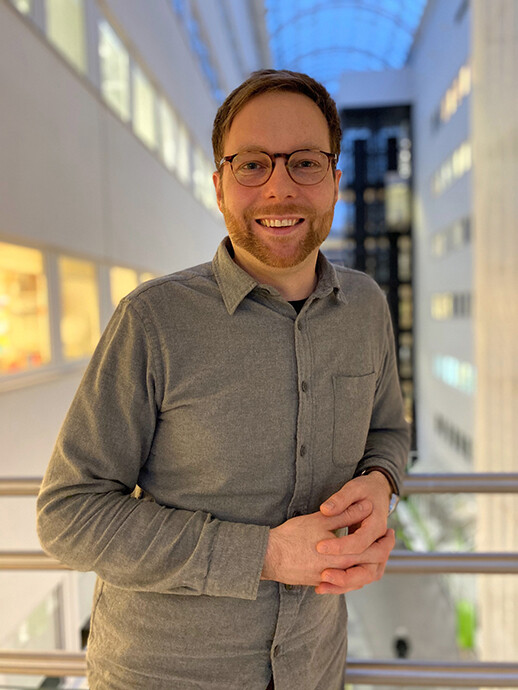
Contact
Links
Biography
Principal Investigator 2020 -> ; Institute of Biomedicine, University of Turku
Senior Researcher (erikoistutkija) 2019-2020 ; Institute of Biomedicine, University of Turku
Post-doctoral Fellow 2016-2019 ; Dana-Farber Cancer Institute, Harvard Medical School, Boston, USA. Mentor: Professor Pasi A. Jänne
PhD 2014 ; Medical Biochemistry and Genetics, University of Turku
MSc (Biochemistry) 2008 ; University of Turku
Research
The Cancer Drug Resistance laboratory aims to understand the means cancer cells use to develop resistance to cancer therapies. Our special focus are the mechanisms that enable the establishment of minimal residual disease, or govern the maintenance of residual tumors following targeted cancer therapy. The overarching goal of our research is to develop rational combination strategies that will extend the long-term efficacy of clinically used cancer therapies.
While targeted therapy has transformed the treatment of cancer, the long-term efficacy of these strategies is hampered by acquired drug resistance. In many cases, clinical drug resistance is preceded by minimal residual disease (MRD) state, where residual tumors stay dormant for an extended period of time. Emerging evidence indicates that the establishment of MRD is mainly regulated by non-genetic mechanisms, as cancer cells adapt to treatment by acquiring new phenotypic states that no longer depend on the targeted oncogene. These slow-cycling drug tolerant cells can regain proliferative state upon drug withdrawal or acquisition of additional resistance mechanisms, and as such serve as a reservoir of dormant cells capable of re-initiating the growth of a drug resistant tumor. Understanding the mechanisms underlying the establishment or maintenance of minimal residual disease would enable the development of rational combination strategies aimed to prevent or limit residual disease, leading to prolonged survival of cancer patients.